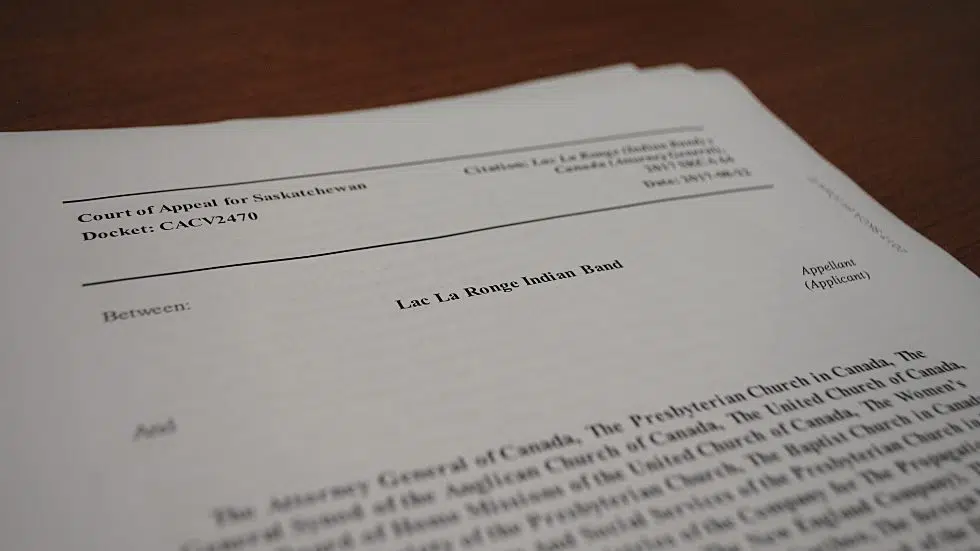
Timber Bay Children’s Home not a residential school: Appeals Court
A recent decision by the Saskatchewan Court of Appeal upheld a ruling that a children’s home in Timber Bay should not be considered a residential school under the Indian Residential School Settlement Agreement.
The court case, between the Lac La Ronge Indian Band and the Attorney General of Canada, sought to have the Timber Bay Children’s Home recognized under the settlement agreement, which would have entitled those who attended the home to apply for financial compensation from the federal government. The number of children who attended varied by year, but court documents refer to the facility housing roughly 50 children annually during the school’s 42-year history until its closure in 1994.
Because the children’s home was a residence for young people who received their education off-site and was not operated by the Canadian government directly, a judge denied their application to have the home recognized. The decision was upheld by the Court of Appeals late last month.
Michael Swinwood, who represented the Lac La Ronge Band during the case for the Ottawa non-profit firm Elders Without Borders, said the decision was a disappointing one.


